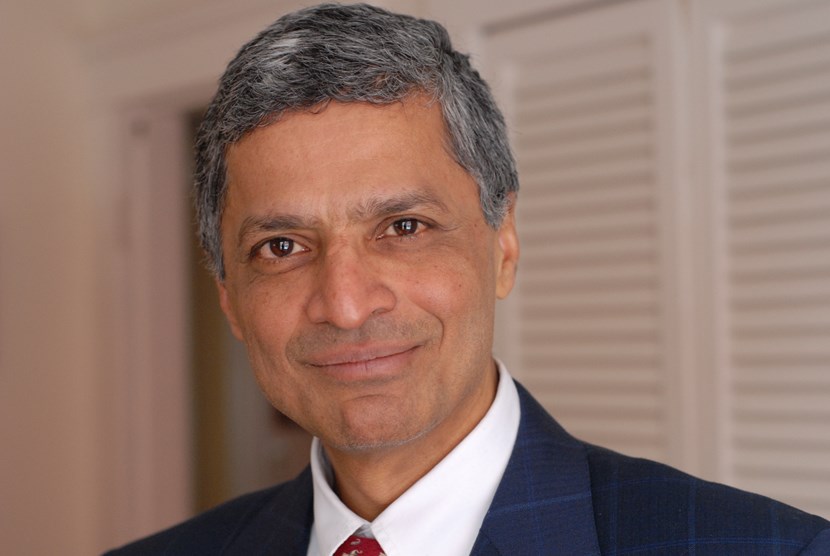Securitization is not progress, it’s regress
Sep. 14, 2016
Europe is looking to move towards increased securitization – but it’s the wrong way to go, stated Amar Bhidé, professor of International Business at the Fletcher School of Law and Diplomacy at the credit market conference arranged on August 22 by Swedish House of Finance.

Anonymous markets is a dream that will not come true – and the financial sector should stop trying to move backwards. Amar Bhidé was clear in his message to the Swedish financial industry when he visited Stockholm: Personalization is the future, not anonymization.
Bhidé started making his case by stating that securitization in Europe lags behind the US to about the same degree as the stock markets did in the 1990s, asking himself what rules would be necessary for Europe to converge to the levels in the United States.
“I would argue that it’s not the rules that are currently being proposed. A bunch of rules are on the table, and I have complete confidence that they will not work”, he said.
The cost of securization
Neither are the US rules worth adopting, Bhidé continued. The US rules have induced reliance on standardized scoring rather than customized scoring – one example being the so called FICO-scores. The background was an aim for fair lending, where everyone should have the same chance to get credit regardless of ethnicity. But the use of FICO scores became one of the problems leading up to the credit crisis, explained Amar Bhidé.
The traditional model for taking decisions on loans, eye to eye in a bank office, might seem outdated and inefficient, he stated. But the problem with securitization is that everyone bases their credit decisions on the same information. So if the information is incorrect, the whole market is affected.
“The cost of securitization and standardized scoring is that it obviously reduces loan quality. And, if there are centralized model errors – then everybody’s loans become affected. As for the fairness benefits, I think there are a number of ways to achieve the outcome you want, without relying on standardized scores”, he said, referring to American universities as an example. Universities have achieved greater diversity not by solely using standardized scores such as SAT scores, but by many other measures.
Technology making markets less anonymous
Amar Bhidé also argued against the notion of anonymous markets as an ideal to strive for.
“There is a seductive chimera of anonymous markets”, he said.
Outside finance, very few things are traded in anonymous markets, preindustrial commodities being the exception. An important reason for this is that dialogue is impossible in anonymous markets.
“Technology, believe it or not, is going the other way. Technology is not making markets outside finance more anonymous. In the old days, if the tap in your house broke, you looked up the yellow pages and looked up the first plumber that was there, and you hoped that the person was competent and was not a thief. Today, you can see ratings, look at who the actual person is and decide which particular plumber you want.”
Über was another example mentioned.
“In the old days you stood and waved and said taxi, and whoever stopped for you was your taxi. Today you can actually see what kind of car, know the name of the driver, and look at the driver’s ratings.”
Hence, argued Amar Bhidé, technology is giving us less commodity, more customization.
“So why in God’s name are European regulators trying to go the other way? Why are we trying to go backwards in finance? Securitization is not progress, it’s regress.”
